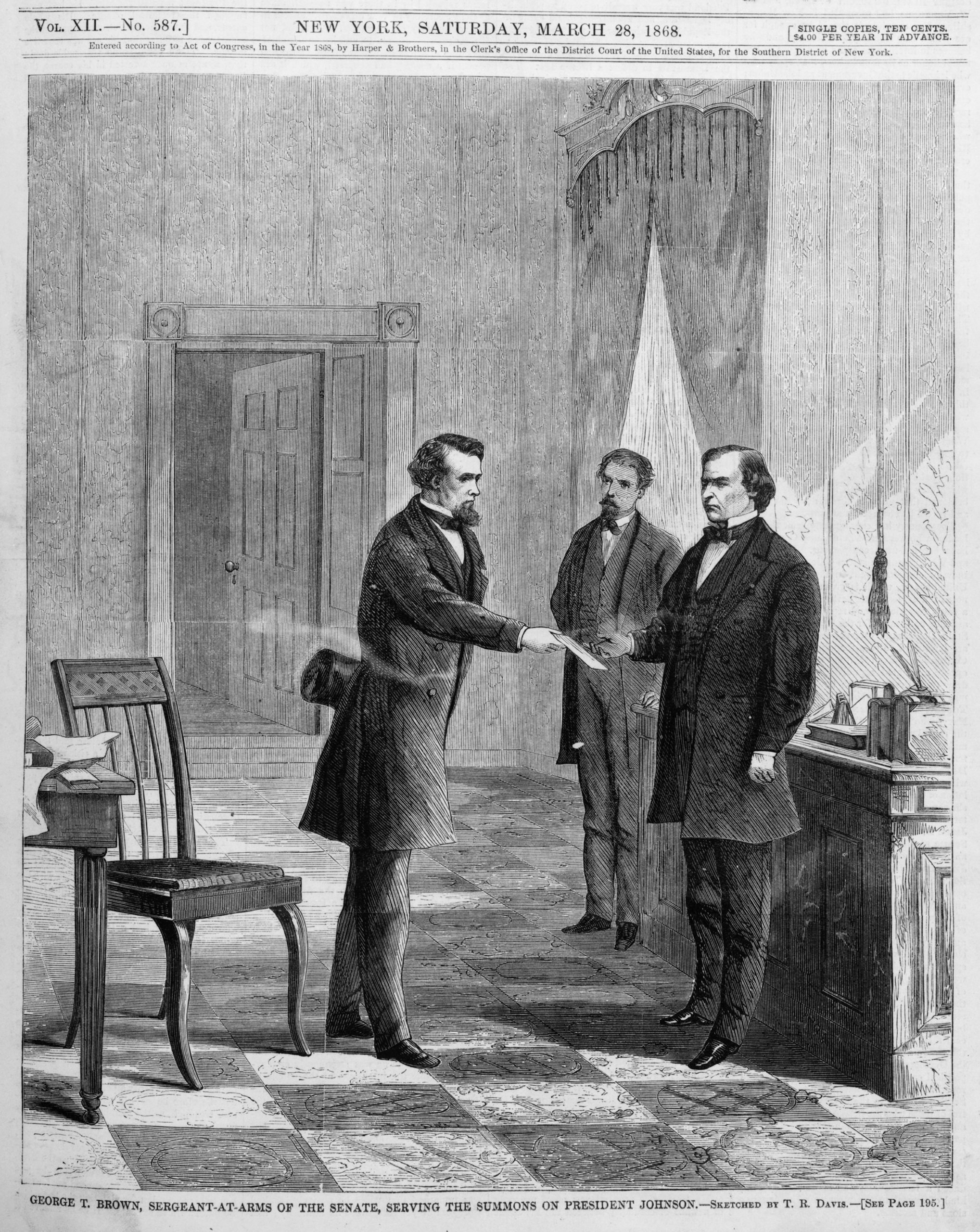Service of your domestic violence paperwork on the other party
The court clerk will keep your original domestic violence paperwork and give you filed-endorsed copies. Keep a copy for yourself. If TRO’s were issued, you may want to give copies of the TROs (DV-110) to third parties. For example, if a TRO tells the other party to stay away from the children’s school, you may want to give a copy to the school.
A filed-endorsed copy of your domestic violence paperwork has to be served on the other party. The other party needs a copy so they know when the hearing will take place. The other party also needs a copy so they know which TROs have been issued by the court so they can comply with those orders. You have to serve the other party with copies of all of your domestic violence paperwork and also a blank, “Response To Request for Domestic Violence Restraining Order” (DV-120). Use the “Court Forms” button on the navigation bar to go to our Court Forms Database where you will find a blank DV-120 you can print. You should also serve the other party with a DV-120-INFO, which is entitled, “How Can I Respond to a Request for Domestic Violence Restraining Order?” Go to our “Court Forms Database” where you will find a blank DV-120-INFO form you can print. If your DV-100 asked for financial related orders (i.e., child support; spousal support; etc.), you will also need to serve the other party with a blank Income and Expense Declaration (FL-150). The court is going to need information from both you and the other party about your income and expenses if the court is going to make financial orders.
Service By Third-Party
You cannot serve your domestic violence paperwork on the other party by mail. A third party needs to personally hand the paperwork to the other party. You cannot serve your domestic violence paperwork on the other party yourself because you are a party to the proceeding. The paperwork has to be served by a third party. The sheriff or marshal will serve your domestic violence paperwork for free. If you want the sheriff or marshal to serve your paperwork, you will have to go to the sheriff or marshal’s office, give them copies of all the paperwork, and ask the sheriff or marshal to do the service of process.
You may want to hire a professional process server or have a friend that is over 18 years old serve the paperwork on the other party. A professional process server or a friend will likely be able to serve the papers much quicker than the sheriff or marshal. If you have a TRO that tells your spouse to immediately move out of the family home, you are going to want your paperwork served on your spouse as soon as possible so they immediately comply with the TRO and move out. If you have a TRO that grants you custody of the children, you want the other party to know about that custody order as soon as possible. If you need a professional process server, just Google “process server near me”.
If you have the sheriff or marshal serve your paperwork, the sheriff or marshal will fill out a Proof of Service form. If you use a professional process server, the process server will serve the papers, then prepare a proof of service form, and then give you the form to file with the court. Some process servers will file the proof of service form with the court for you. If you have a friend serve your paperwork, you will need to prepare a “Proof of Personal Service” (DV-200) for your friend to sign after they have served the papers on the other party. Use the “Court Forms” button on the navigation bar to go to our Court Forms Database where you will find a blank DV-200 that can be filled out. After your friend signs the DV-200, make a copy. Take the original and the copy to the court and file it. When you go to the court hearing, be sure to bring your filed-endorsed copy of the DV-200 with you. Usually, at the hearing, the very first thing the judge wants to see is a completed copy of the DV-200.
Timing Service of Paperwork
There is a time frame for when you have to serve your domestic violence paperwork on the other party. You have to serve the other party not later than a certain number of days before the hearing. Usually, the time is five days before the hearing. Sometimes the time frame will be shorter. The time frame will be set forth on page 3, item #6, of the “Notice of Court Hearing” (DV-109).
Continuing the hearing date because you were unable to serve your paperwork on time
If you were unable to serve the other party on time, you can ask the court for a new hearing date and ask the court to continue (extend) any TROs until the time of the new hearing. To ask for a new hearing date and extend the TROs, use the “Request to Continue Hearing” (DV-115). Use the “Court Forms” button on the navigation bar to go to our Court Forms Database where you will find a blank DV-115 that you can fill out.
You will also need the “Order on Request to Continue Hearing” (DV-116). Go to our “Court Forms Database” where you will find a blank DV-116. You only need to fill out items #1 through #3 on the DV-116. The court will fill out the rest.
After you have filled out the DV-115 and the DV-116, take said forms to the court and give them to the court clerk. A judge will review your forms and decide if a new hearing date should be set and if the TROs should be extended to that new date. When you give the DV-115 and the DV-116 to the court clerk, ask the court how you find out when the judge will review your paperwork so you will know when to come back to the court to pick up your paperwork.
After the judge reviews your paperwork and signs the DV-116, review the DV-116 to see the new hearing date and to see if the judge extended the TROs to the new hearing date. You will then need to have a third party serve all of your domestic violence paperwork on the other party. The time frame in which service of process must be accomplished with be set forth in item #9 of the DV-116. After the other party has been served, you will need to file a completed “Proof of Personal Service” (DV-200) with the court.
Violation of temporary restraining orders
If the court issues temporary restraining orders and the other party violates those orders, call the police. For example, assume a judge granted a TRO that tells the other party to move out of the family home. Your domestic violence paperwork, including a copy of the TRO, has been served on the other party. The other party refuses to move. If you call the police, they will come to the home and escort the other party out of the house. The police may also arrest the person and charge the person with a crime.
You should not engage in conduct that invites a violation of any of the TROs. For example, if the TRO prohibits the other party from contacting you, don’t call the other party. If the TRO tells the other party to stay 100 yards away from you, don’t go over to their house. If the TRO tells the other party to move-out of the family home, and they move out, don’t invite them to move back in.
Canceling the hearing
You can cancel the hearing. Assume you filed your “Request for Domestic Violence Restraining Order” (DV-100) with the court. The judge read what you wrote and the judge decided to deny some or all of the temporary restraining orders you requested, at least until the time of the hearing. At that point, you may decide you just want to cancel the hearing. If you want to cancel the hearing, you can fill out a “Waiver of Hearing on Denied Request for Temporary Restraining Order” (DV-112). Go to our Court Forms Database where you will find a blank DV-112 that you can fill out.
If you file domestic violence paperwork with the court, get a hearing date, but never serve the papers on the other party, and you don’t show up for the hearing, the court will drop the matter.


